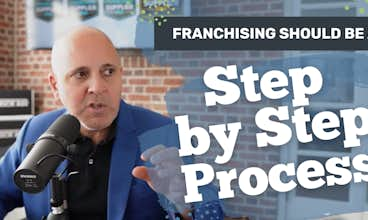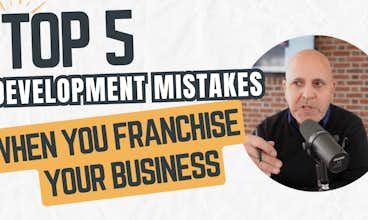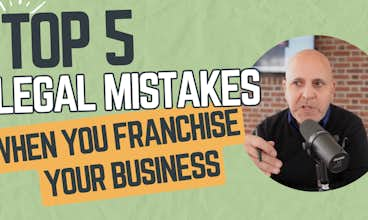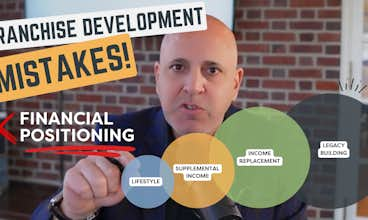As a business seller‚ you have certain expenses that you are going to have to pay at the closing table. Estimating what these numbers is critical to figuring out what your net sale proceeds will be. Many business owners forget to do this and wind up disappointed with the check that they get at the closing table. A business seller’s typical costs are as follows:
The Business Broker/Investment Banker Commission
This will likely be your biggest expense when selling your business. For smaller transactions‚ the commissions generally range between 10 and 12 percent of the purchase price or some other fixed number agreed to by you and the business broker. For larger transactions‚ the business broker’s/investment banker’s commission will be based on a tiered basis.
The Attorney Fee
The attorney’s fees will vary depending on certain factors such as the complexity of the deal‚ whether or not real estate is being sold along with the business‚ whether or not a franchise agreement is involved in the process‚ etc. Ultimately‚ an attorney sells her time and expertise so the more time that is spent (or is anticipated will be spent) on the matter‚ the more expensive it will be. Some attorneys will bill hourly so the legal fees reflect the actual time the attorney spent on your transaction. Others will estimate the amount of time they will have to spend and can provide a fixed fee for the transaction.
Transfer Fee
If you are selling a franchise‚ you likely signed a franchise agreement that provided for a “transfer fee” or similar charge. The franchisor justifies this fee by stating that they will incur additional expense as a result of you transferring the franchise. They will need to spend time and money evaluating the potential purchaser. They will also need to have their attorneys prepare new documents to effectuate the transfer. You should be sure to look into this before coming up with your goal “take away” amount and before setting the sale price.
Assignment Fee
Some‚ not all‚ leases have a clause in the lease that provides for a certain assignment fee that would be triggered upon your request to assign the lease to the potential buyer. Similar to the transfer fee of a franchisor‚ the rationale is that the landlord will incur additional expenses as a result of your request to assign the lease (in the form of paying their attorneys to review the transaction and to negotiate and prepare the lease assignment) so they ask that you absorb this cost or at least a part of it. You need to review your lease agreement to determine if there is an assignment fee provision within.
Prepayment Penalty
In the event that you have an open mortgage‚ credit line or loan associated with your business or on the property you are selling‚ you have to be sure that you would not be responsible for a prepayment penalty as a result of the sale and the early payment of your loan. A prepayment penalty could be substantial depending on the type‚ and it must be figured into your sale price. Many commercial real property loans have a prepayment penalty period of 5 years and the penalty is based upon the outstanding balance of the loan. There are also early termination penalties in many vendor agreements so you would have to figure out what these are before you draw the contracts. In certain instances‚ the prepayment penalty can be avoided if the outstanding obligation is assigned to the buyer. If you are subject to a prepayment penalty or early termination fee you will want to make sure this figure is calculated into the sale price.
Sale of Business Fee in Lease
Some leases contain clauses relating to the landlord’s ability to get a certain percentage of the business sale or a fixed number upon the tenant’s sale of the business. Although these clauses used to be rare‚ they seem to be gaining popularity with many landlords. Hopefully‚ you were aware of this clause when you signed the lease. The lease needs to be carefully reviewed before contracts are drawn so that you can address any sale of business contingencies within your lease.
Transfer Taxes
When selling real property along with your business‚ you may be responsible for paying transfer taxes to the government‚ depending on what state you are in. Although not always possible‚ there are certain ways to limit or negate the transfer tax depending on how the deal is structured. Either way‚ you should assume that you will have to pay the entire transfer tax amount when doing your initial calculation.
These are the major costs associated with selling your business. There may be other costs‚ fees‚ penalties‚ etc. depending on your specific transaction. It is important to understand what your obligations are before you list your business for sale and definitely before you sign contracts. If you are unaware of what your costs will be before you sign contracts‚ you may find yourself in a situation where you not only do not profit from the sale‚ but actually have to take money out of your pocket to close. Unfortunately‚ these things happen to unsuspecting business sellers. Do not let that happen to you.








